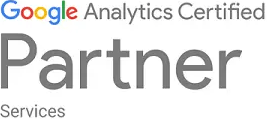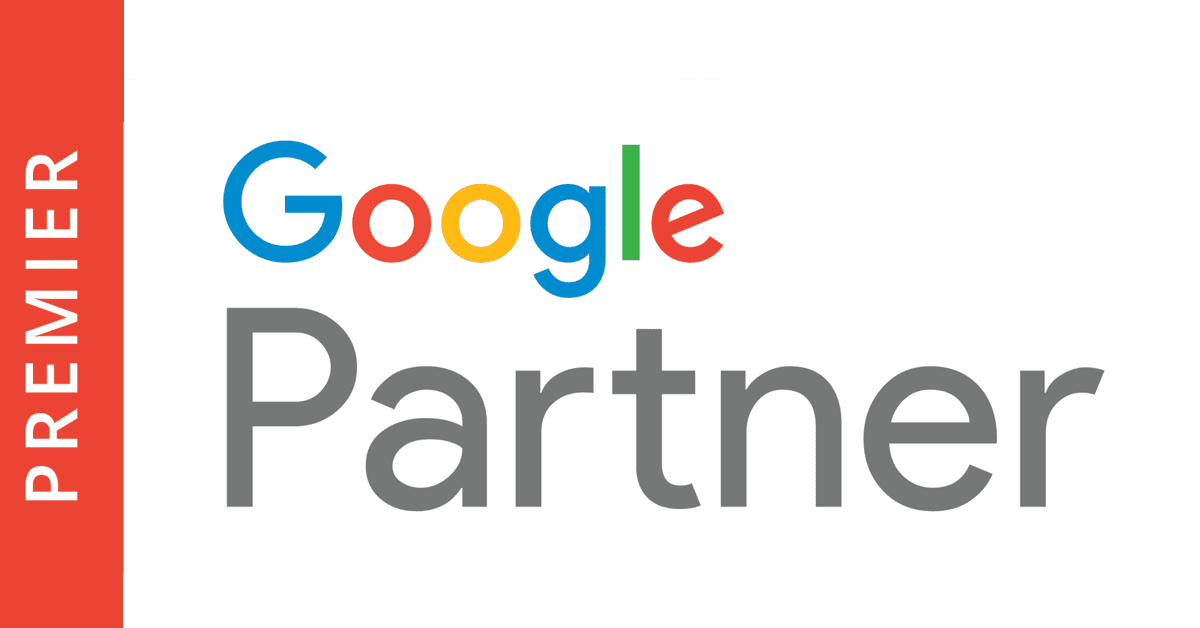The digital marketing landscape is continually evolving, and so is its lexicon. While some terms capture significant trends and technologies, others become overused, losing their impact and causing confusion. Here’s a refreshed look at some digital marketing buzzwords that have become clichés and what they imply.
Top 8 Marketing Buzz Words To Avoid
1. “Growth Hacking”
Definition Overload: Initially meant as a strategy for rapid growth using unconventional marketing tactics, “Growth Hacking” has been broadly applied, often to describe basic marketing efforts.
What to Consider: True growth hacking involves innovative, scalable strategies focused on growth. It’s more than just trial and error; it’s about smart, data-driven experiments to grow the user base and revenue.
2. “Content is King”
The Misleading Crown: While content is essential, declaring it as the ultimate ruler of digital marketing is misleading. Quality content must be part of a broader strategy, including SEO, user experience, and distribution.
A Balanced Approach: Focus on creating valuable, relevant content while also leveraging other digital marketing elements like SEO and social media to drive traffic and engagement.
3. “Customer-Centric”
Overuse and Misuse: Though the intent is to focus on customer needs and preferences, this term is sometimes used without genuine customer-focused strategies in place.
True Customer Focus: A genuinely customer-centric approach involves a deep understanding of customer behaviour, personalized communication, and tailoring products/services to meet customer needs.
4. “A.I (Artificial Intelligence)”
Misconceptions Abound: AI in digital marketing is often misunderstood or exaggerated. It’s not just about having an algorithm; it’s about how machine learning and data are used to enhance marketing efforts.
Real AI Application: Ensure that when AI is mentioned, it refers to specific applications like customer data analysis, personalized recommendations, and automation of repetitive tasks.
5. “Deep Dive”
Misleading Depth: Often used to imply a thorough analysis, this term can be misleading if not followed by in-depth research and insights.
Meaningful Analysis: A deep dive should involve comprehensive data analysis, market research, and actionable insights, not just a superficial overview.
6. “Attribution”
Complexity Oversimplified: Attribution in digital marketing is complex, involving understanding how various touchpoints contribute to conversions. However, it’s often oversimplified or used as a buzzword.
Clarifying Attribution: Seek clear explanations on attribution models used and how they help in understanding the customer journey and measuring marketing effectiveness.
7. “Omnichannel”
Over-Promised, Under-Delivered: While it aims to provide a seamless customer experience across all channels, it’s often touted without effective implementation.
Practical Implementation: Ensure that omnichannel strategies are integrated, providing a consistent and unified customer experience across all platforms.
8. “Synergy”
Vague Corporate Speak: Often used to describe collaboration, the term has become jargon without much practical specificity.
Collaboration with Substance: Focus on explaining how different departments or strategies effectively work together to achieve business goals.
Why you should avoid digital marketing buzzwords
Avoiding the overuse of digital marketing buzzwords is important for several reasons:
- Clarity and Precision: Buzzwords can be vague and nonspecific, leading to misunderstandings or misconceptions about what is being discussed. Clear, precise language helps ensure that everyone involved — from team members to clients — understands the strategy, goals, and methods.
- Credibility and Trust: Overuse of buzzwords can make professionals seem less credible. It may appear they are hiding behind jargon rather than providing concrete details and results. Avoiding buzzwords can enhance the trustworthiness of your communication, making it more likely that clients and colleagues will take your ideas and suggestions seriously.
- Effective Communication: Buzzwords often obscure meaning rather than clarify it. Using straightforward language facilitates more effective communication, enabling better collaboration and understanding among teams and clients.
- Avoiding Misconceptions: Some buzzwords carry a lot of hype but little substance. Using them can create unrealistic expectations or misconceptions about the capabilities or outcomes of a particular strategy or tool.
- Demonstrating Knowledge and Expertise: Digital marketing professionals can demonstrate their true knowledge and expertise in the field by avoiding buzzwords and explaining concepts in clear, understandable terms. This approach shows that they deeply understand the strategies and tools they are recommending or using.
Alternatives to Buzzwords
In digital marketing, clarity is key. Replacing overused buzzwords with plain, straightforward language not only enhances understanding but also makes your communication more relatable and effective. Here are expanded examples of how to replace common buzzwords:
From “Synergy” to “Collaboration” or “Teamwork”:
- Synergy often suggests a somewhat abstract coming together for greater effect.
- Collaboration is more direct, implying a concerted effort where team members actively work together to achieve common goals.
- Teamwork underscores the importance of working cohesively as a unit, highlighting the collective effort rather than individual contributions.
From “Growth Hacking” to “Innovative Growth Strategies” or “Experimental Marketing Techniques”:
- Growth Hacking has become a catch-all phrase for any efforts aimed at rapid growth, but it lacks specificity.
- Innovative Growth Strategies suggest a more thoughtful, planned approach to growth, focusing on creativity and innovation.
- Experimental Marketing Techniques imply a willingness to try new methods and learn from outcomes, highlighting the experimental and adaptive nature of the approach.
From “Customer-Centric” to “Customer-Focused”:
- Customer-Centric is often used to describe a business philosophy revolving around customer needs, but it has become so overused that it can lose its impact.
- Customer-Focused offers a more action-oriented approach, suggesting active and deliberate efforts to understand and meet customer needs.
From “Leverage” to “Utilize” or “Employ”:
- Leverage has become a jargon term for using resources effectively, but its overuse has made it vague.
- Utilize indicates the practical and effective use of resources or strategies.
- Employ suggests actively and strategically putting something into action.
From “Disruptive” to “Innovative” or “Groundbreaking”:
- Disruptive implies a radical change or innovation but can be misinterpreted or overemphasized.
- Innovative conveys the idea of introducing new and effective ideas or methods.
- Groundbreaking suggests something pioneering or revolutionary, offering a clear sense of bringing about significant change.
From “Big Data” to “Comprehensive Data Analysis”:
- Big Data has become a buzzword for any large set of data, but it often lacks context.
- Comprehensive Data Analysis describes a more precise action – thoroughly examining and interpreting extensive data sets to inform decisions.
Final Thoughts
Overused buzzwords, while trendy, often obscure the real message and can mislead your audience. This guide emphasizes the importance of straightforward language in effective communication. Replacing jargon with clear, specific terms makes your marketing strategies more accessible and impactful.
Our team is ready to assist if you’re seeking to refine your digital marketing approach with clear, impactful strategies. We specialize in jargon-free, effective digital marketing solutions tailored to your business needs. Reach out to us for assistance in developing marketing strategies that truly resonate with your audience and drive tangible results. Let’s collaborate to make your digital marketing efforts stand out. Contact us today!
Related Article: How To Create A Successful Marketing Campaign



















